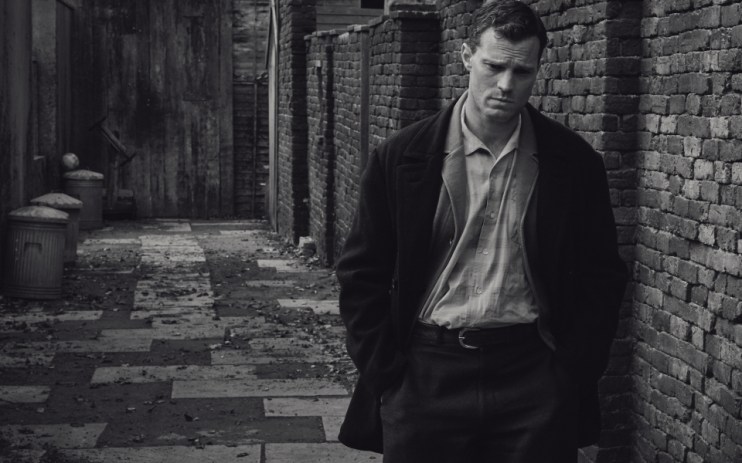Belfast is Kenneth Branagh at his sentimental best

While many might associate him with his acting roles, Sir Kenneth Branagh has been prolific behind the camera, too. Belfast is his nineteenth film as a director, with a CV that has included everything from his epic 90s adaptation of Hamlet to the first Thor movie.
This new film, however, comes from a personal place. Loosely based on his own childhood in Northern Ireland, the Oscar-tipped drama focuses on a working class Belfast family in the late 60s, just as The Troubles were beginning to cast a shadow on the country.
Jude Hill plays Buddy, a nine-year-old boy in love with comics, the cinema, and a girl in his class. He lives a happy life with his Ma (Caitríona Balfe), Granny and Pop (Dame Judi Dench and Ciarán Hinds), while his Pa (Jamie Dornan) pops in every two weeks while home from his job in England. With violence intensifying on his street, and Pa’s financial woes causing strife, Buddy seeks youthful adventures amid the growing danger.
Belfast must have been a nightmare for the publicity team, with the tone of the story contrasting as much as the visuals (it’s shot in black and white, aside from a tourist board pleasing montage at the beginning). Branagh doesn’t shy away from the violence, which pierces the idyllic street scene in the first few minutes.
Windows are smashed, rioters are dragged away by police, and Buddy surveys the aftermath hearing snippets of adult conversations (“the police aren’t going to protect us, we’ll have to do it ourselves”). We peer over his shoulder as Ma weeps over letters from the tax man, and look up with him in dread at Billy (a sinister Colin Morgan), the Protestant extremist looking to recruit Pa.
It’s also a film about family, meaning we have the unusual prospect of a film set during The Troubles that’s actually quite joyous. For every ominous news report, or hushed conversation down an alleyway, there are nostalgic scrapes and jokes with Pop as he gives dubious romantic advise to his grandson. It’s a reminder of the humanity behind the headlines, and childhood’s ability to find beauty amid darkness.
Fantastic performances are everywhere, but it’s young Hill who proves the standout. Like Roman Griffin Davis in Jojo Rabbit, he has an earnest nature that makes every misadventure a joy to watch. His big eyes glare up at the cinema screen in awe, then beg for forgiveness when he’s unwittingly involved in the looting (“why’d you take washing powder?” “It’s biological!”).
Just as affecting is Hinds, portraying the kind of grandpa we all wished we had. Balfe is marvellous as the mother just about keeping things together, working well with Dornan’s flawed but well-intentioned father. While it’s odd at first to hear the thoroughly English Dench with an accent, her matriarch watches over the clan with a protective glare.
Belfast is a film crammed with sentiment, and there are a lot of films that give a grittier account of this period in Irish history. However, as the closing titles state, Branagh set out to tell a story of the people who left, the people who stayed, and the ones who were lost. In that sense, it is a triumph.